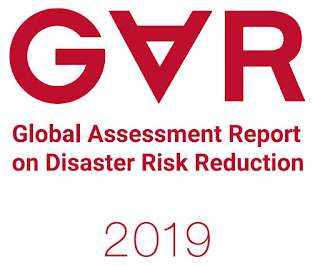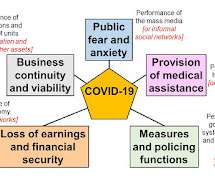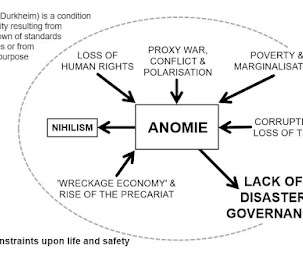OUR CHALLENGE
Emergency Planning
MARCH 3, 2025
Since 2005 when the World Health Organisation started to advocate serious viral disease planning the United Kingdom ran or participated in nine major simulation exercises on pandemics, some of them pan-European initiatives. Despite the obvious need for mitigation, emergency response capability cannot be neglected.

















Let's personalize your content